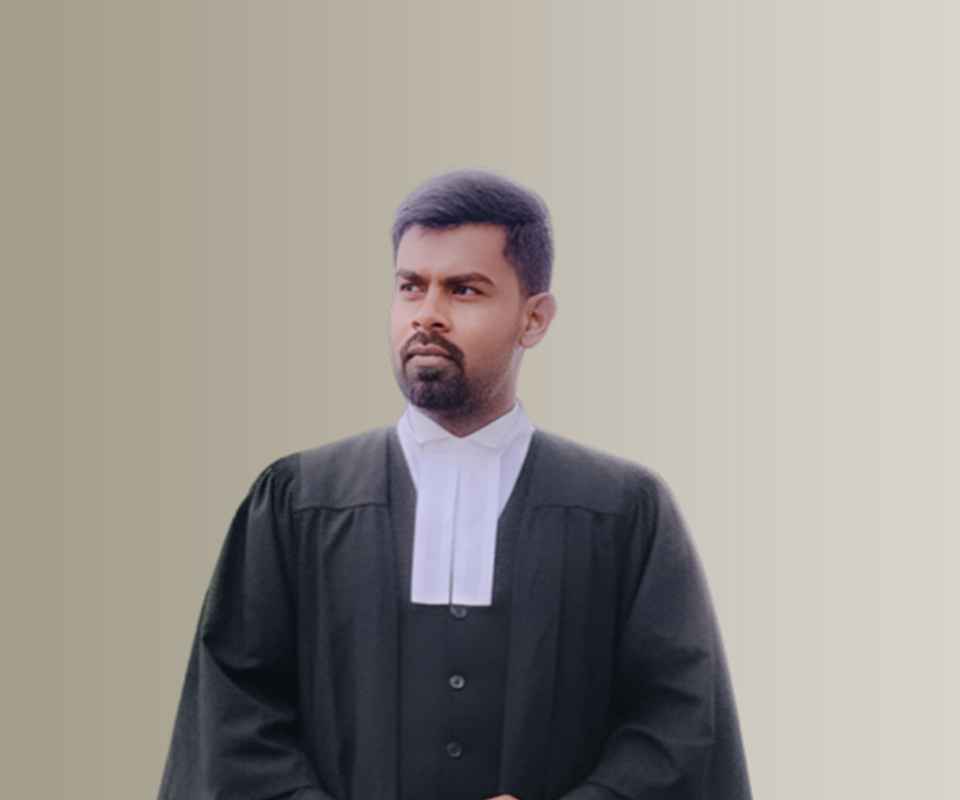Answer By law4u team
Dealing with offenses under special laws like the Protection of Children from Sexual Offenses (POCSO) Act, 2012, involves specific procedures designed to ensure the protection of children and the speedy resolution of cases. Here are the key procedures followed under the POCSO Act: Reporting of Offenses: Any person who is aware of an offense under the POCSO Act is required to report it to the police or the Special Juvenile Police Unit (SJPU) immediately. Failure to report such offenses can result in legal consequences under Section 19 of the Act. Investigation by Special Police Officers: The Act mandates that offenses under the POCSO Act must be investigated by specially trained police officers. These officers are equipped to handle sensitive cases involving children and are expected to conduct investigations with care and sensitivity. Child-Friendly Procedures: The procedures followed during investigation and trial are designed to be child-friendly. For instance, the statements of child victims are recorded in a manner that minimizes trauma, and the child is not subjected to aggressive questioning. Time-Bound Investigations: The POCSO Act emphasizes the need for prompt investigation. The police are required to complete the investigation within two months from the date of reporting the offense. Mandatory Medical Examination: In cases of sexual offenses, a medical examination of the child victim is conducted as soon as possible to gather evidence. This examination must be done by a qualified medical practitioner and in accordance with the guidelines specified under the Act. Filing of Charge Sheet: Once the investigation is complete, the police must file a charge sheet in the designated Special POCSO Court. The charge sheet should include all relevant evidence and details of the offense. Special Courts for Trial: The POCSO Act mandates the establishment of Special Courts to conduct trials for offenses under the Act. These courts are tasked with expediting cases to ensure timely justice for child victims. Trial Procedures: The trial is conducted in a manner that minimizes the trauma to the child victim. The child may be allowed to testify via video conferencing to avoid confrontation with the accused. The court may also permit the presence of a guardian or support person during testimony. Protection of Identity: The identity of the child victim is protected under the POCSO Act. Media reporting on the case is prohibited from disclosing the name, address, or any identifying information of the child to safeguard their privacy. Rehabilitation and Compensation: The Act provides for rehabilitation of the child victim and mandates that the State Government may provide compensation to the victim and their family for the trauma and suffering endured. This may include financial assistance for medical treatment, counseling, and other support services. Appeals and Reviews: The POCSO Act provides for the right to appeal against the judgments of Special Courts. Victims or their guardians can file appeals if they are dissatisfied with the outcome of the trial. These procedures under the POCSO Act aim to ensure that offenses against children are dealt with promptly and sensitively, prioritizing the well-being of the victim while also upholding the principles of justice.








